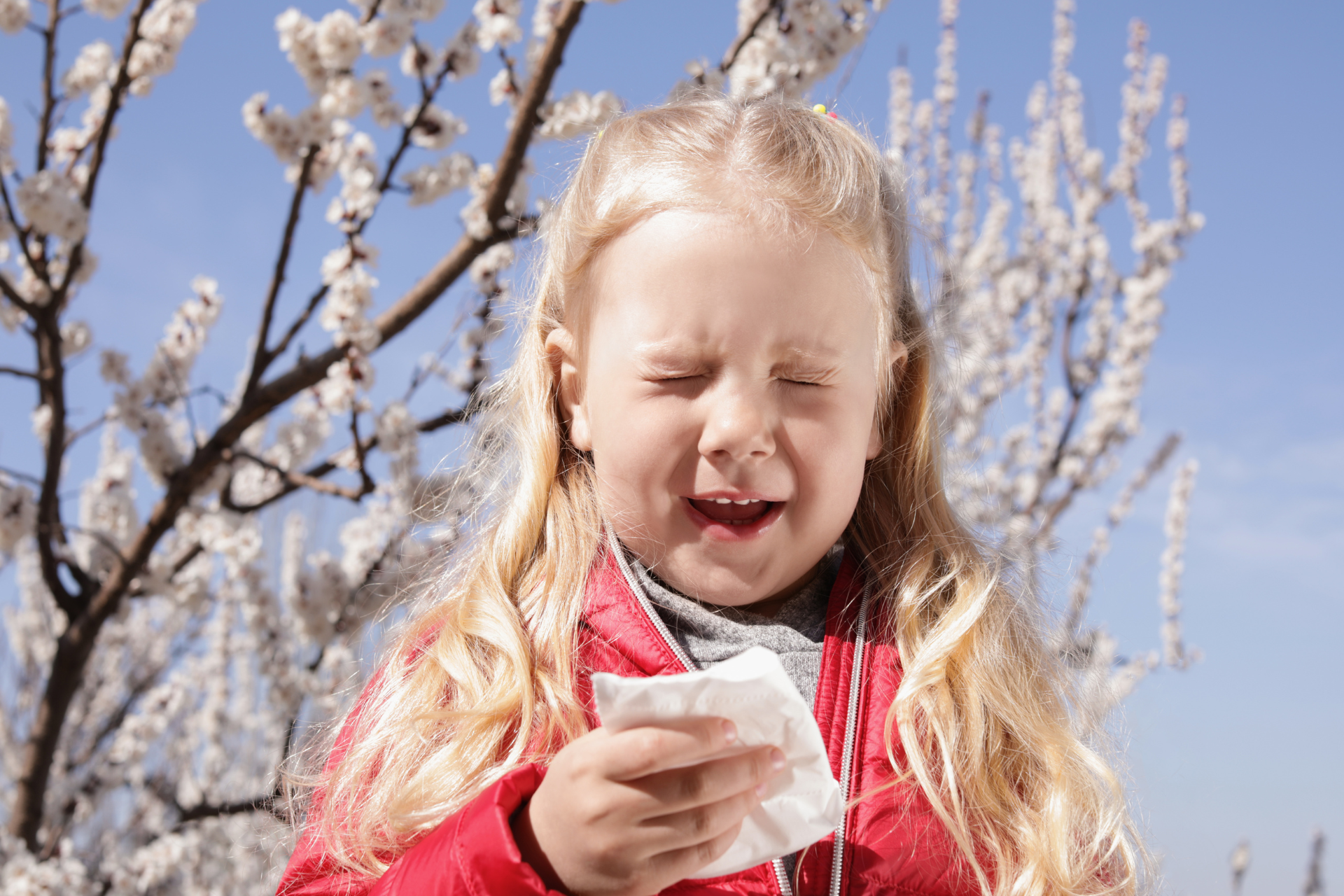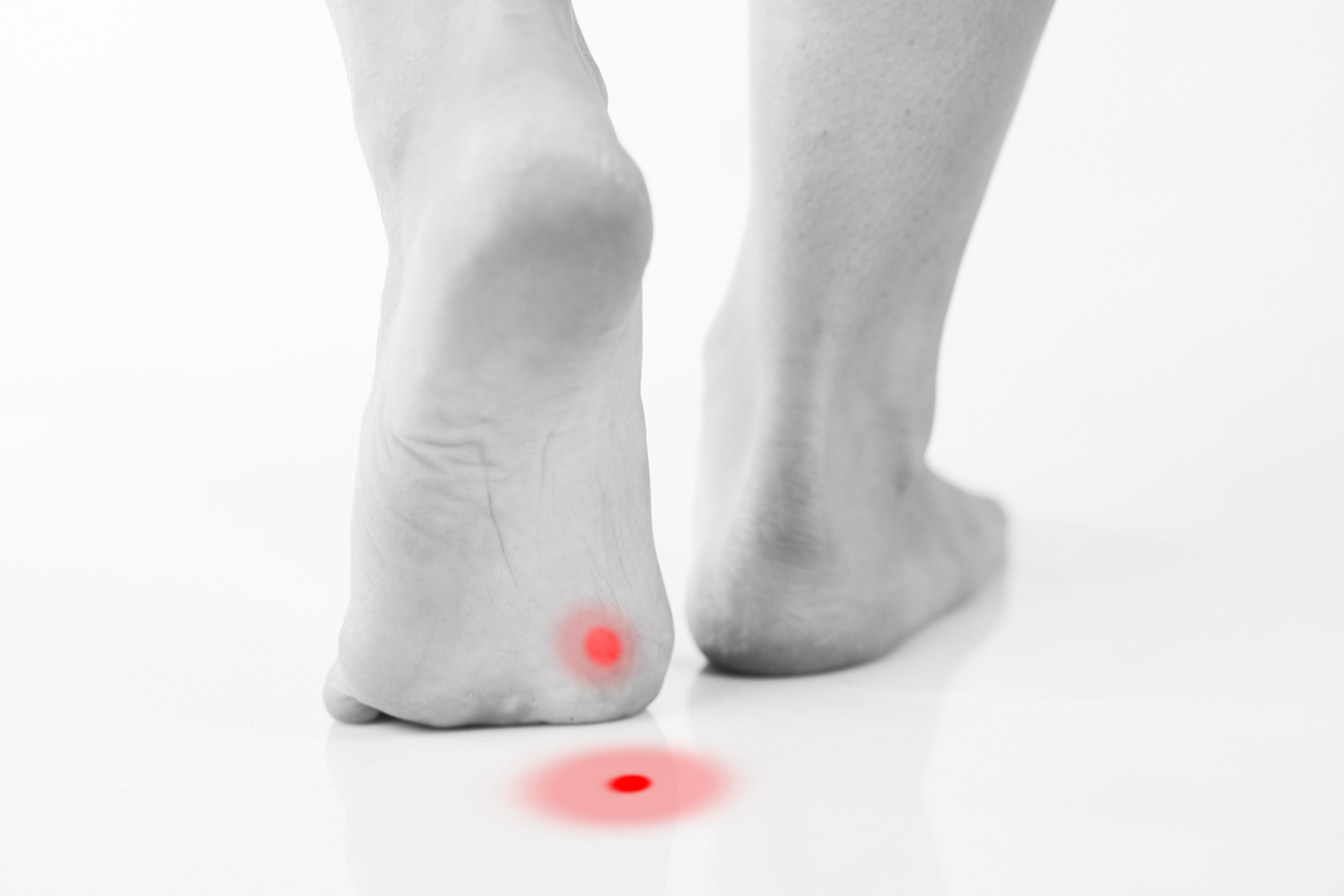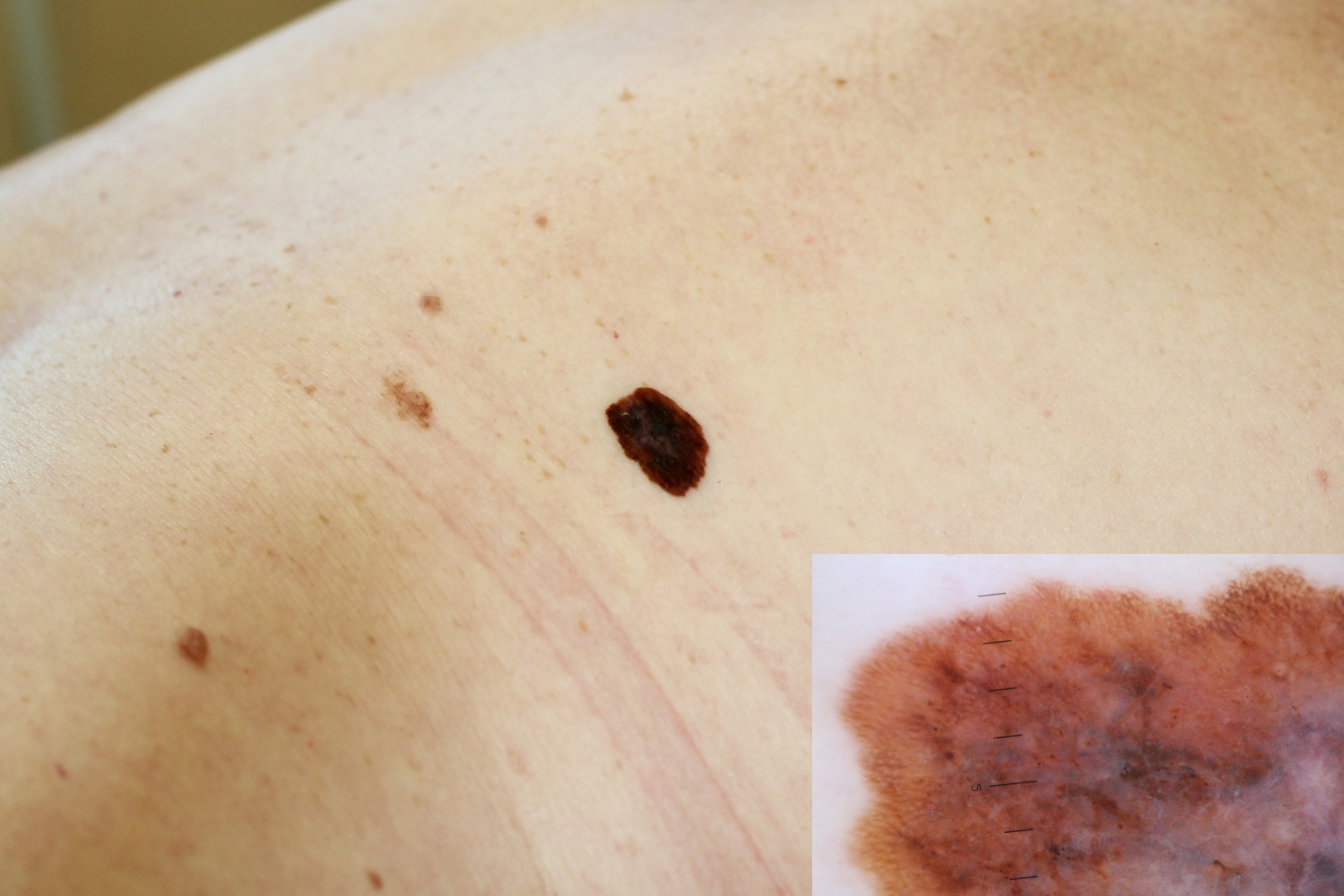How to Manage Seasonal Allergies: Tips for Relief All Year Round

At Fall Creek Skin and Health Clinic, we understand how seasonal allergies can significantly impact your quality of life. Sneezing, itchy eyes, and nagging nasal congestion can turn outdoor enjoyment into a struggle. However, with proactive management techniques and lifestyle adjustments, you can reduce your symptoms and enjoy relief throughout the year. Here are some practical tips for managing seasonal allergies effectively.
1. Know Your Allergens
The first step in managing seasonal allergies is identifying which allergens trigger your symptoms. Common culprits include pollen from trees, grass, and weeds as well as mold spores. Keeping a diary of your symptoms and when they occur can help identify patterns and specific allergens. When you know what to avoid, you can take steps to minimize your exposure.
2. Stay Informed with Pollen Forecasts
Pollen counts can vary significantly from day to day. By checking local pollen forecasts through weather apps or services, you can plan your outdoor activities accordingly. On days when pollen counts are high, it’s best to stay indoors, especially in the morning when counts tend to peak.
3. Keep Windows Closed
While fresh air is tempting, it can also bring a host of allergens indoors. Keeping windows closed during high pollen seasons helps maintain a controlled environment. Instead, use air conditioning to filter outside air, and consider investing in a high-quality air purifier for your home to reduce allergens further.
4. Practice Good Hygiene
Regular cleaning can help reduce allergen exposure in your environment. Wash bedding in hot water weekly, vacuum carpets with a HEPA filter, and dust surfaces frequently. Keeping your home clean and free of dust and pet dander can significantly alleviate your allergy symptoms.
5. Wear Protective Gear
If you must spend time outdoors during peak allergy seasons, wearing sunglasses and a wide-brimmed hat can help shield your eyes and face from pollen. Additionally, consider wearing a mask if you’re doing yard work or spending time in heavily pollen-laden areas.
6. Rinse Your Nasal Passages
Using a saline nasal rinse can help flush out allergens and irritants from your nasal passages. This simple yet effective method can provide immediate relief from congestion and irritation, making it an excellent addition to your daily routine during allergy season.
7. Consult a Healthcare Professional
If your allergies are severely affecting your daily life, don’t hesitate to reach out to your healthcare provider at Fall Creek Skin and Health Clinic. They can recommend appropriate medications, such as antihistamines or nasal corticosteroids, and may suggest allergy testing or immunotherapy for long-term relief.
8. Consider Allergies as a Year-Round Concern
Although seasonal allergies might peak during specific months, some individuals experience symptoms year-round due to indoor allergens like dust mites and pet dander. Apply allergy management strategies not just during peak seasons but throughout the year to maintain your health and well-being.
At Fall Creek Skin and Health Clinic, we are dedicated to helping you navigate the challenges of seasonal allergies and improve your quality of life. With the right knowledge and strategies, managing your symptoms can become a more manageable and less stressful part of your everyday life. Visit us to learn more about our services and discover personalized strategies for allergy relief tailored to your needs.




